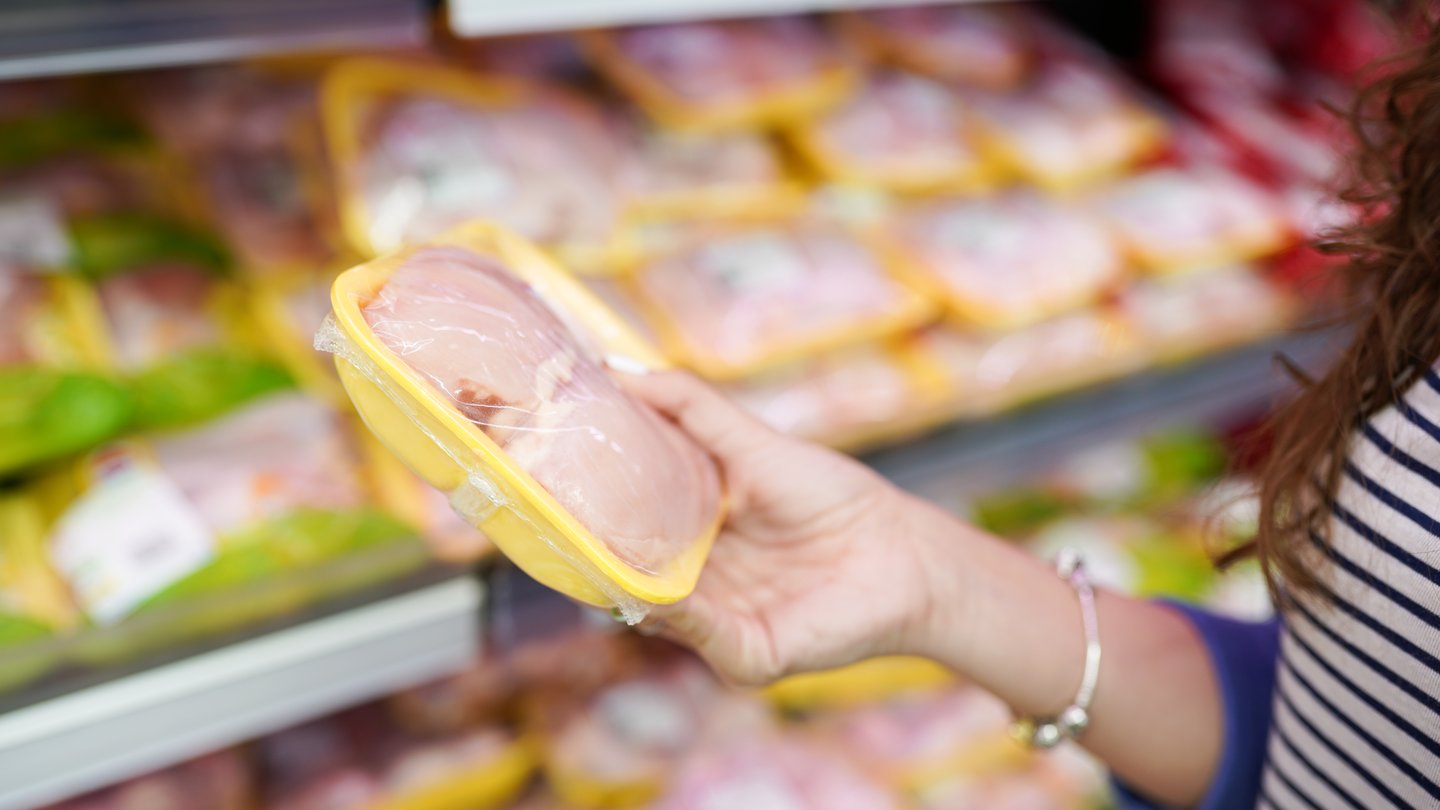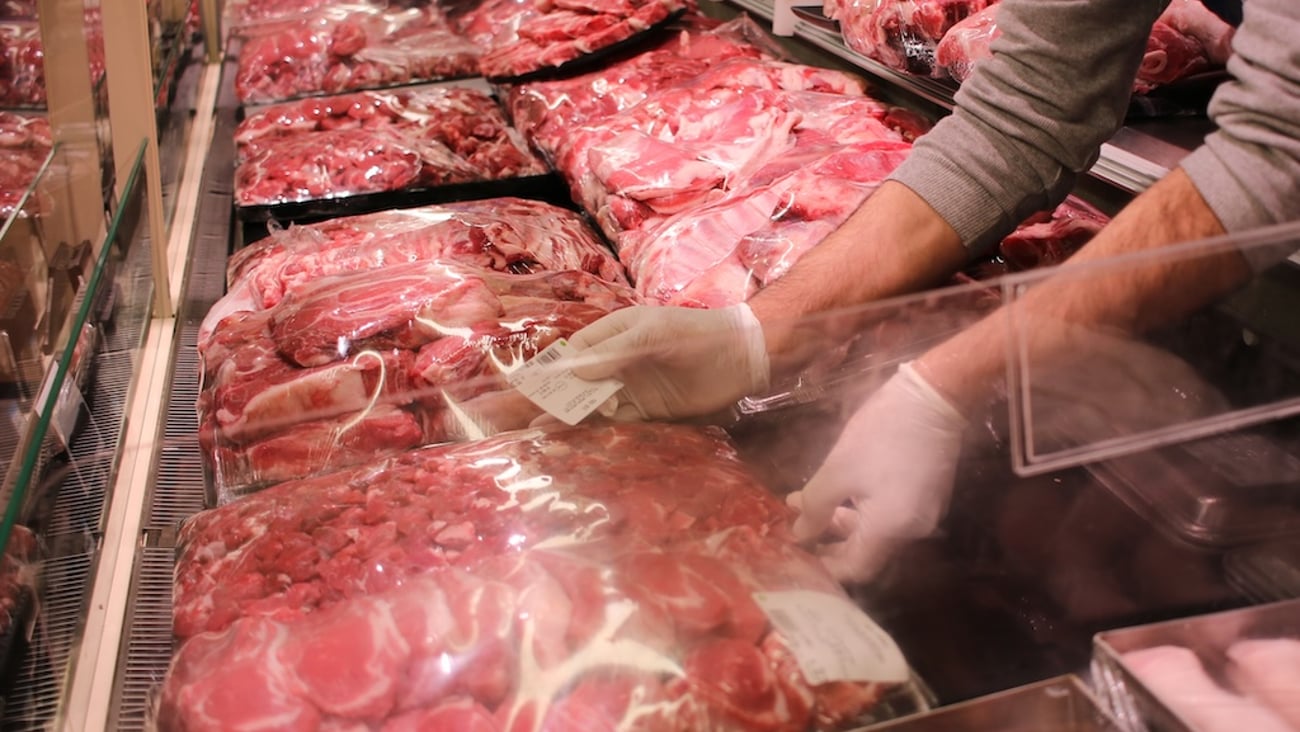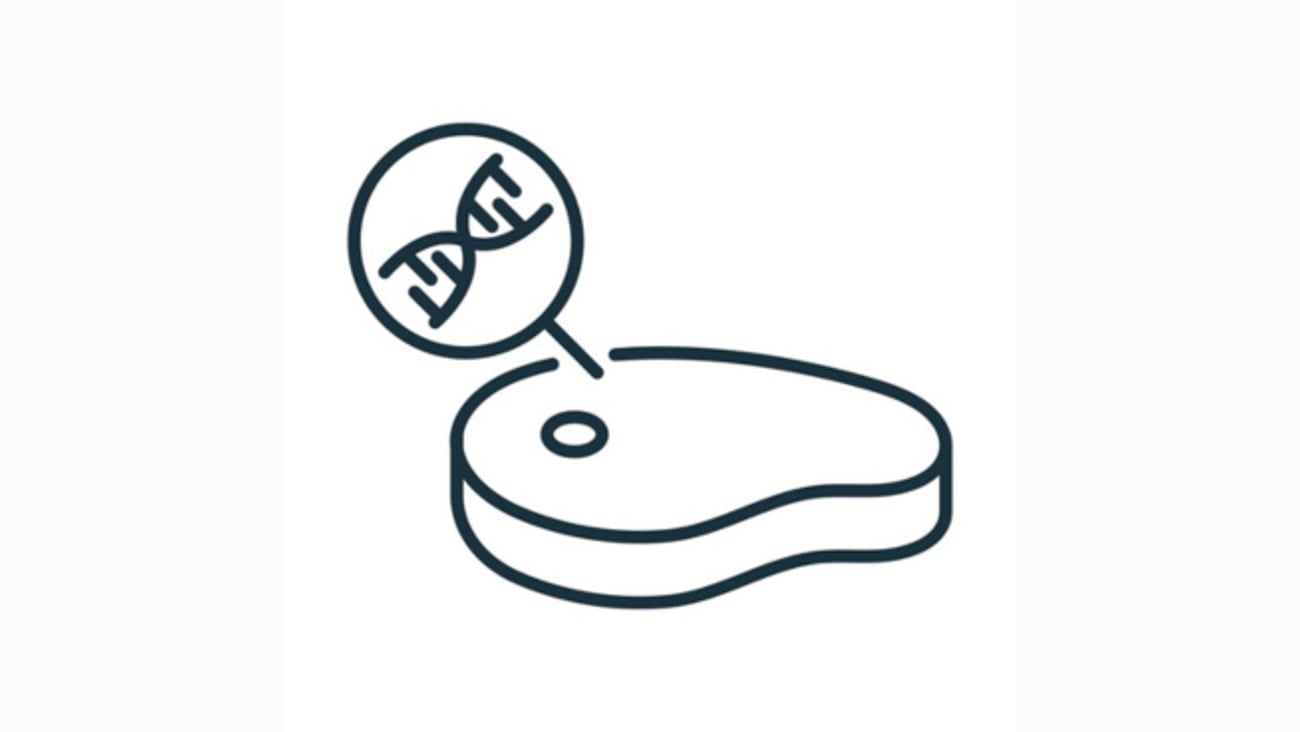Cracking the case of the secret chicken price hike
We deeply value our farmers and rely on their hard work to provide us with essential food. Most farmers are eager to share their stories and take pride in their work. However, when it comes to supply-managed sectors, such as dairy, eggs, and poultry, the dynamics are a bit different, particularly regarding the prices they can charge to processors. The challenge of transparency persists in these sectors.
Supply management involves government-sanctioned quotas granted to farmers to produce the specific amount of food required, and no more. This system helps protect the Canadian market from exorbitant prices on imports, resulting in greater stability in supplies and prices compared to other commodities. It's important to understand that when production costs rise, the prices farmers receive must also increase. This is a straightforward principle.
In Canada, it is nearly impossible for dairy, egg, or poultry farmers to incur losses due to the protective measures in place. However, there's been an unusual development in British Columbia, where the board representing chicken farmers has sought to increase chicken prices without disclosing their reasons. They have requested the provincial government's approval for a new pricing scheme that could potentially drive retail prices even higher. Unfortunately, farmers have remained tight-lipped about their motives and explanations.
In response to this situation, organizations like Restaurants Canada and the Canadian Federation of Independent Grocers are urging the British Columbia government to intervene and address the proposed changes in the farm-level chicken pricing system. They believe that such changes could lead to a 10% or potentially higher increase in consumer prices.
READ: Canadian Dairy Commission delays farmgate milk price hike by three months
Poultry prices in British Columbia have soared in recent years, especially since the onset of the pandemic in 2020. According to Statistics Canada, since 2020, chicken prices have risen by around 15% to 20%, a relatively modest increase compared to other food categories. But in British Columbia, chicken is not cheap. The prices of chicken breasts and thighs are 15.1% and 17.5% higher than the national average, respectively. Chicken drumsticks are an astonishing 40.5% above the national average, and whole chickens are priced over 50% higher. Retail prices are already significantly elevated in the province, and these differences are quite perplexing.
The role of chicken in the Canadian diet is substantial. The per capita consumption of chicken in Canada is approximately 36 kilograms, making it the most popular source of animal protein in the country, surpassing beef, and pork by a considerable margin. Many well-known restaurant chains like KFC, Nando's, McDonald's, and Popeye's heavily rely on affordable chicken to maintain stable menu prices. Unfortunately, these chains and consumers have limited influence in the current supply management system, which is a fundamental issue.
READ: Quebec pork farmers reeling as a 'perfect storm' creates economic crisis
Some argue for the abolition of supply management for various reasons. While it is true that chicken prices in Canada are typically higher than in the United States, the system's vertical coordination has proven advantageous, especially during the recent avian flu outbreaks. Nevertheless, the lack of transparency remains a significant concern.
Furthermore, the changes proposed in British Columbia could have ripple effects across the entire country, as similar boards exist in every province and could adopt similar pricing system modifications.
Farmers undoubtedly deserve to earn a fair livelihood. However, within a government-sanctioned quota system, chicken farmers should uphold their moral contract with the public by providing complete information and data to justify any necessary price increases. If chicken prices need to rise, it is essential to share the data with the public to keep us informed and maintain trust in the system.






